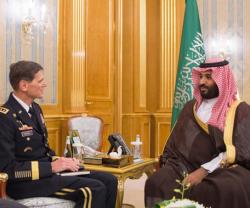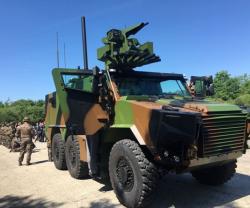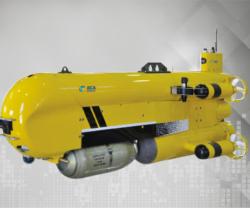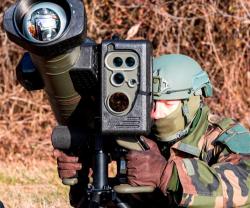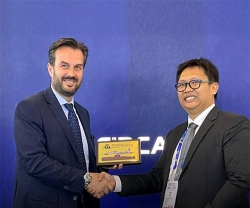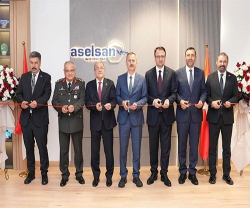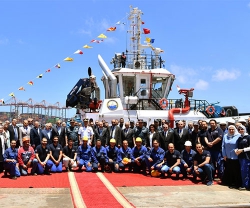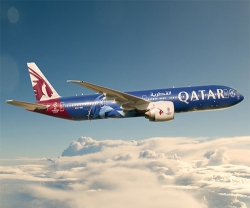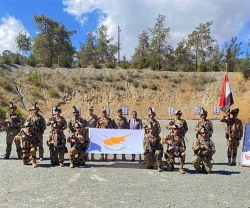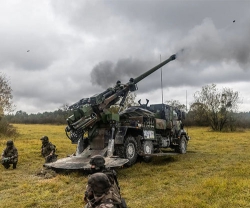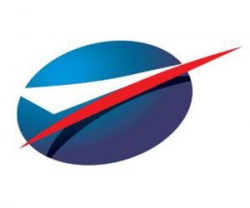The company has completed a demonstration in real scenarios in front of international customers which was testament to enhanced detection capabilities with a significant increase of detection range coverage to 120 NM (220 km). Other key features of ASR-NG are the complete mitigation of wind farm effects, a new Primary Surveillance Radar 3D height measurement and resistance against interference by 4G/LTE mobile phone signals.
“ASR-NG offers an extraordinary performance proven in an extensive test phase. With its new capabilities it addresses the most urgent and recent concerns of air surveillance and air traffic control customers,” said Thomas Müller, Head of Airbus Defence and Space’s Electronics business line.
ASR-NG consists of a primary radar on the basis of a solid state transmitter and advanced signal processing technology for long-range surveillance. Its extreme sensitivity means that even very small objects such as mini drones, slow flying objects such as helicopters or even flocks of birds can be reliably detected and classified. Specifically developed algorithms allow for safe guidance of aircraft even in the vicinity of wind turbines, which is hardly possible with conventional air traffic control radar systems.
This extraordinary primary surveillance radar capability is combined with the MSSR 2000I (MSSR = Monopulse Secondary Surveillance Radar) secondary radar for automatic identification of individual aircraft. It meets the new air traffic control standards “Mode S” and “ADS-B”, which greatly improve aircraft identification queries and are currently being introduced in European airspace.
Airbus Defence and Space supplies air traffic control and identification systems in the military and civilian sector. Amongst others, the company equips the German Armed Forces’ airports with the ASR-S (Airport Surveillance Radar, S-Band) airport surveillance radar and delivers a complete approach control system for the military airfields in Switzerland.
In addition, the MSSR 2000I secondary radar is deployed by the naval forces of Germany, France, Norway and Finland for military friend-or-foe identification. For civil and military air traffic control, those identification systems are used in countries such as Germany, France, USA, UK, Canada, Austria, Portugal, Bulgaria and the Philippines.


